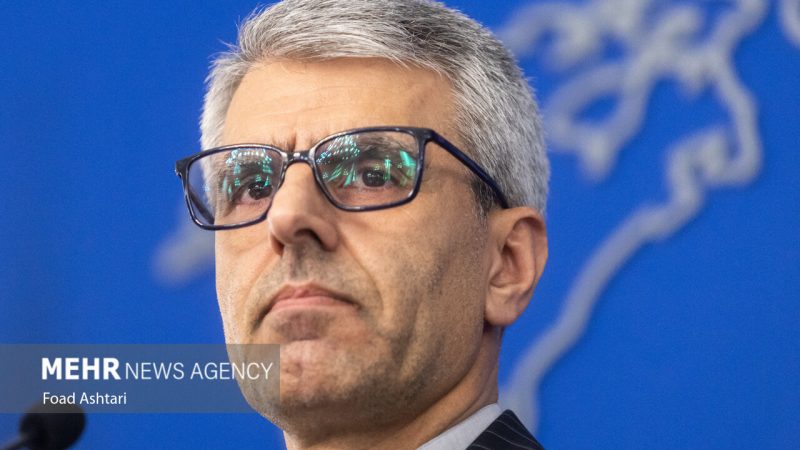Singapore adds Bhutan to list of manpower supplying countries

Starting July 1, work permit holders will no longer be subject to a maximum employment period, which currently ranges from 14 to 26 years based on skill level, sector and country of origin
Published Date – 6 March 2025, 08:46 PM

Singapore: Singapore is making substantial changes to its work permit framework in a bid to give employers greater flexibility in hiring and retaining talented foreign workers while Bhutan is being added as a manpower source to the existing list of traditional manpower supplying countries.
The changes relating to foreign workers were announced on Thursday as part of the Ministry of Manpower’s (MOM) spending plans for the coming financial year, Channel News Asia reported.
From June 1, Bhutan, Cambodia and Laos will be added to the list of new sources of workers, which already includes Bangladesh, India, Myanmar, the Philippines, Sri Lanka and Thailand, according to the channel report.
Starting July 1, work permit holders will no longer be subject to a maximum employment period, which currently ranges from 14 to 26 years based on skill level, sector and country of origin.
This aligns with policies already in place for workers from Malaysia and four North Asian sources – Hong Kong, Macau, South Korea and Taiwan – who already have no restriction on their period of employment.
As of June 2024, Singapore had about 442,900 work permit holders in the construction, marine shipyard and process sectors. This figure represents an all-time high, exceeding pre-pandemic levels by 17 per cent, said Manpower Minister Tan See Leng.
Including migrant domestic workers, there were close to 1.14 million work permit holders in Singapore in June 2024.
Work permit holders will still be subject to a maximum age of employment. This will be raised from 60 to 63 on July 1, in line with the local retirement age. The age limit for new work permit applicants will also be raised to 61, up from the current 50 for non-Malaysians and 58 for Malaysians.
The MOM said raising the maximum employment age would give firms the flexibility to retain more experienced and skilled workers.
It added that employers are best placed to assess the benefits of retaining their more experienced workers, against the higher health insurance costs they would have to bear for these older workers.
Dr Tan said that over the last decade, the number of employment pass and S Pass holders grew by 38,000, while the number of resident professionals, managers, executives and technicians (PMETs) grew by 382,000 – a 10-fold difference.
The list currently has nine occupations – five manufacturing roles, cooks in Indian restaurants, food processing workers, hotel housekeepers and hotel porters. Singapore’s typical sources of labour for manufacturing and services are Malaysia and China, as well as Hong Kong, Macau, South Korea and Taiwan.
The non-traditional sources occupation list was introduced in 2023 to allow firms to hire workers from other sources to fill certain jobs that have pressing manpower needs, have low take-up by locals and are harder to automate.
Employers seeking to hire workers from these sources must offer a minimum monthly salary of at least SGD 2,000, and keep the sub-dependency ratio of such work permit holders under 8 per cent. This is to safeguard local wages, ensure that employers are hiring higher-skilled or more experienced workers, and guard against over-reliance on non-traditional source workers, the MOM said.
The qualifying salary will continue to increase progressively with age, up to SGD 4,800 for candidates in their mid-40s. The financial services sector, which has higher wage norms, will continue to have a higher S Pass qualifying salary, rising from SGD 3,650 to SGD 3,800. This will increase progressively to SGD 5,650 for candidates in their mid-40s.
The changes take effect for new S Pass applications from September 1 this year and renewal applications from September 1, 2026.
The S Pass Tier 1 levy, which applies to up to 10 per cent of a firm’s workforce, will also go up from SGD 550 to SGD 650 from September 1. This will align it with the Tier 2 levy, which applies to the next 5 per cent of a firm’s workforce.
Dr Tan also provided an update on the points-based Complementarity Assessment Framework (COMPASS), which has been used to evaluate new employment pass applications since September 1, 2023, and renewals since September 1, 2024.






